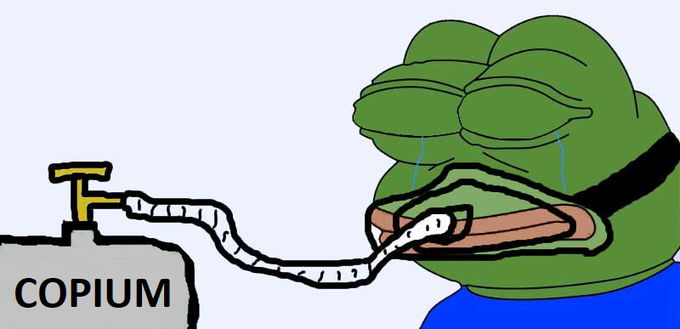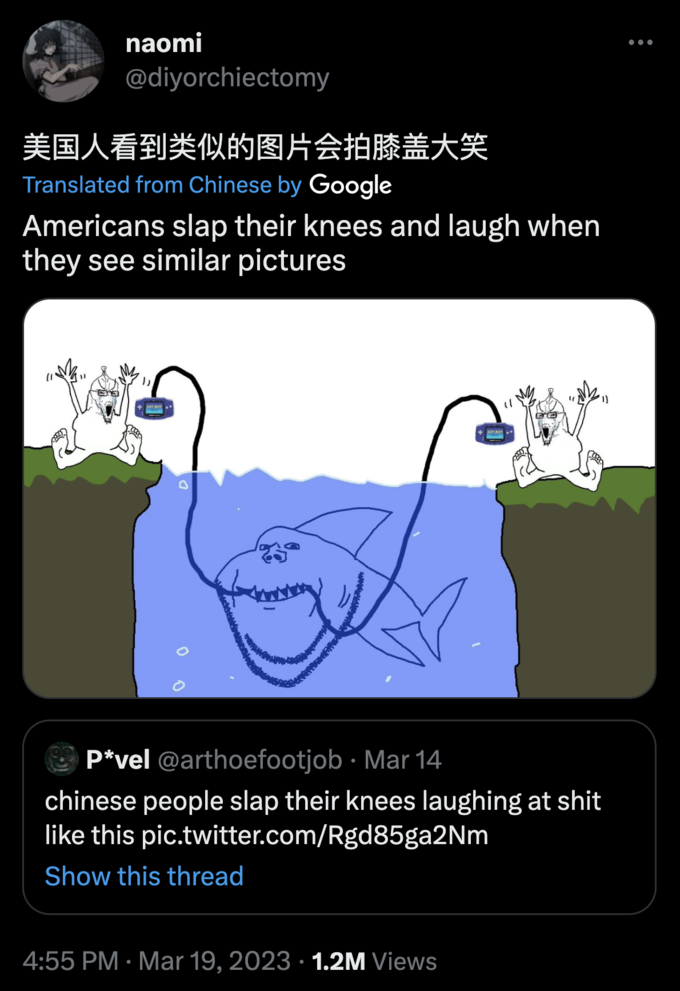Guides
What's With Those 'Chinese Panda' Memes? China's Wojak-like 'Biaoqing' Cartoons Explained
American Twitter recently discovered Chinese memes and what might be their version of Wojak characters. What's being referred to as Chinese Panda reaction images look a lot like ancient rage comics. In fact, their history is closely related to their Western, 2000s predecessors.
Over time, these reaction images that re-edit the face of a human-like panda have seen multiple evolutions, predominantly using the faces of actors and celebrities. On WeChat, Douyin and elsewhere on the Eastern web, users are familiar with their likeness. Of course, to an outsider, they look oddly absurd.
So where did these Chinese panda memes come from? What's the proper name for them and how do they relate to modern online aesthetics in the West? Let's explain.

What Is The 'Chinese Panda' Meme Called?
On Chinese social media, the panda meme is referred to in Mandarin as "熊猫人表情包," which translates into English as "Panda Head." Therefore, "Panda Head" is what people over there call the meme.
Also, the meme is referred to as a "表情," which phonetically reads "biǎo qíng," but is often simplified to just one-word, "biaoqing." In English, "biaoqing" roughly translates to "facial expression." The "Panda Head" meme therefore falls under the "biaoqing" meme category in China.
The American equivalents of the "biaoqing" genre are reaction images, which are most often some kind of facial expression, ranging from crying to laughing and beyond.
Where Did The Original 'Chinese Panda' Meme Come From?
In the West, Chinese social media is almost impossible to properly navigate due to restriction firewalls that prevent outsiders from getting in. Therefore, an exact date of origin for the creation of the original "Panda Head" meme is currently unknown.
With this being said, a likely origin for the "Panda Head" meme is the Chinese website Baozou Manhua, which in English literally translates to "rage comics." Baozou Manhua was created in 2008 and (you guessed it) was inspired by American rage comics.

It's estimated that the original "Panda Head" meme was created sometime in the year 2010. This is because the panda cartoon that the meme uses is based on a television ad campaign that aired in 2010.
Oddly, the ads were not aired in China, but rather, in Egypt, made for the Egpytian cheese company Panda Cheese. In the commercials, a panda mascot would interrupt everyday happenings, and in one ad featuring a chef in a kitchen, the panda stared blankly at him, which eventually inspired the panda cartoon.


The first face that was inserted into the panda cartoon was the face of Korean movie actor Choi Sung-kook from a scene in the 2007 film Three Kims where his character was playing a young boy in Mortal Kombat.

Going into the 2010s and 2020s, multiple faces were added to the Panda Head meme, including American professional wrestler Elijah Samuel Burke.


How Are 'Chinese Panda' Reaction Images Similar To 'Wojaks'?
On the Western internet, meme creators have moved away from Rage Comics and opted for the new Wojak format which started with the "I know that feel bro" meme and the "They don't know" meme.
Going into the 2020s, the Wojak cartoons became so commonplace that they became increasingly abstract, straying from their original meaning in an ironic manner. On websites like Soyjak.party, odd Wojak cartoons were shared that felt alien to an onlooker.



The Panda Head meme (and other Chinese biaoqing) followed a similarly abstract evolution to their American counterparts. Eventually, their abstract nature landed on U.S. Twitter earlier this month, specifically centered on one Panda Head that looks deathly similar to Copium.


Going forward, the concept that Chinese biaoqing are probably "funny asl" if one could speak Mandarin trended as a meme concept. In the same vein, Chinese Twitter users then made fun of Americans for their equally dumb-looking Wojaks. All in all, the discourse led to some viral and light-hearted international banter.


For the full history of Chinese panda reaction images, be sure to check out our entry on the meme here for even more information.
